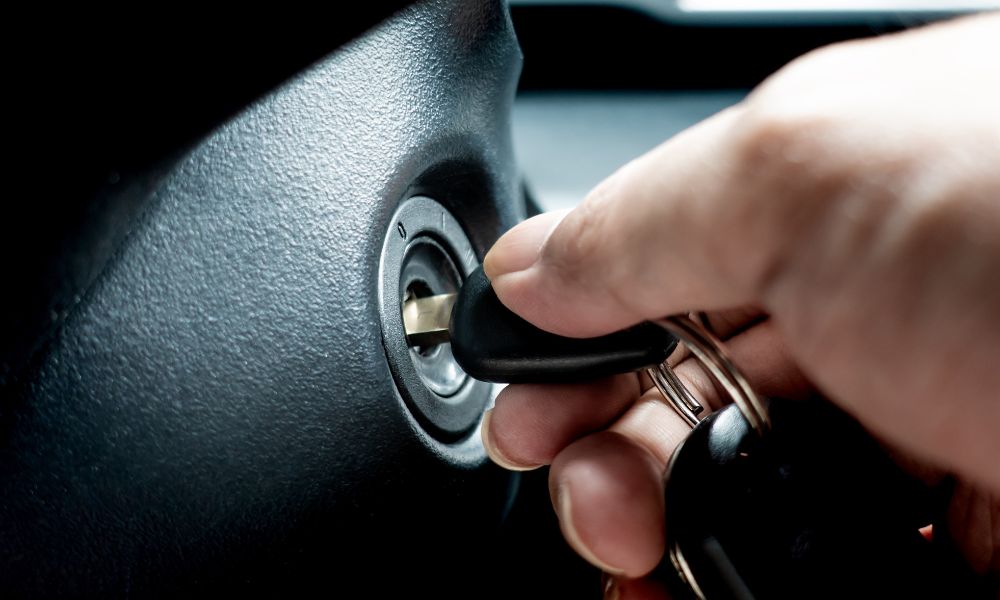Buying your first car is an exciting milestone. However, along with the freedom and convenience a car provides comes significant costs you need to consider beforehand. Failing to properly budget for these expenses could put you in a difficult financial situation. In this article, we’ll explore the major costs to think about before purchasing your first vehicle.

Insurance
One of the first things you need to budget for is insurance. All drivers in the UK must have at least third-party insurance before driving on public roads. Comprehensive policies that also cover damage to your own vehicle are preferable but cost more. Your age, driving history, type of car and other factors determine your insurance rates. Get quotes from multiple providers to find the best deal. Make sure to account for insurance in your car buying budget.
Purchase Price
The purchase price is the most obvious cost when buying a car. How much you can afford depends largely on whether you pay cash or finance the vehicle. Financing spreads out payments over years but also accrues interest. Carefully consider the total loan amount and monthly payment you can manage. If you will be paying cash, target an affordable portion of your savings. Set your budget and then find cars within your price range.
Fuel
The type of car you buy determines its fuel efficiency and what fuel type it requires. Smaller cars with smaller engines typically use less petrol. Diesel cars often get better mileage but the fuel costs more. Make sure to research the average miles per gallon for any car you’re considering. Then factor in current petrol or diesel prices to estimate your yearly fuel costs. Accounting for insurance, fuel costs and other running costs is vital when budgeting for a first car.
Tax and MOT
In addition to insurance and fuel, you must pay annual road tax to legally drive your vehicle. Road tax rates are based on CO2 emissions. Newer cars with lower emissions often have cheaper tax rates. You must also get an MOT test after the car turns three years old to certify its roadworthiness and emissions meet standards. MOT tests take about an hour to conduct. Make sure to budget for road tax and MOT costs each year you own the car. You can check out this MOT Birmingham centre for a better idea of the costs.
Maintenance and Repairs
Aside from fuel and tax, you’ll inevitably have to pay for maintenance and repairs. Things like oil changes, new tyres and brake pad replacement are essential for keeping your car running safely. As your car ages, more repairs like timing belt replacement or new suspension components may be needed as well. Budgeting £500 to £1000 yearly for maintenance is wise. And have savings for unexpected repair bills, which are likely with an older used car.
Depreciation
The final cost to keep in mind is depreciation, which is the loss of a car’s value over time. Brand-new cars often depreciate 20% just in their first year. And cars depreciate fastest during their first five years of life. Planning to own your first car for a while will help minimise depreciation costs when you eventually sell it and upgrade. Buying a quality used car that already depreciated significantly is another smart money-saving strategy.
Buying and owning your first car is liberating but also carries important financial obligations. Carefully considering all the costs before purchase will allow you to budget wisely and enjoy driving affordably for years to come.
